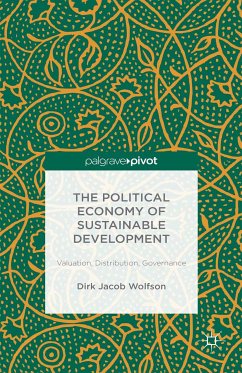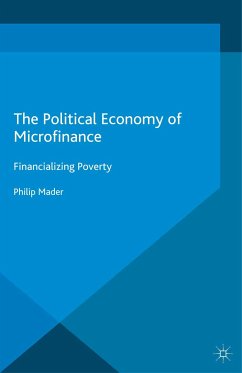Dieser Download kann aus rechtlichen Gründen nur mit Rechnungsadresse in A, B, BG, CY, CZ, D, DK, EW, E, FIN, F, GR, HR, H, IRL, I, LT, L, LR, M, NL, PL, P, R, S, SLO, SK ausgeliefert werden.
'This interdisciplinary and non-technical introduction nests economic efficiency, fairness and ecological principles in a political economy framework. 'Situational contracts' meld these principles to yield understanding of how democratic societies seek a sustainable future. Such contracts reflect both political constraints and proxy information on citizen preferences; they lead to policy outcomes which mesh concerns with efficiency, justice, and "planners' preferences". This book provides unique and valuable insights into the complex process in which environmental policy is formed.' - Robert Haveman, University of Wisconsin-Madison, USA









